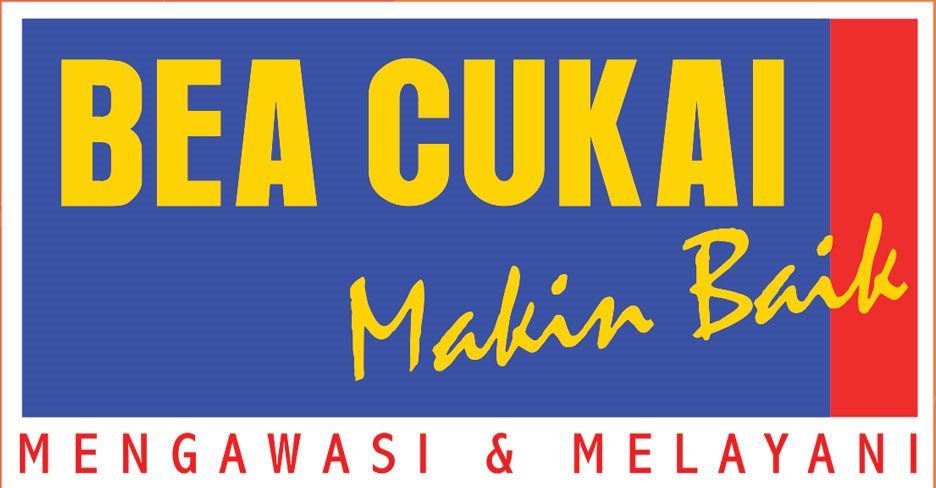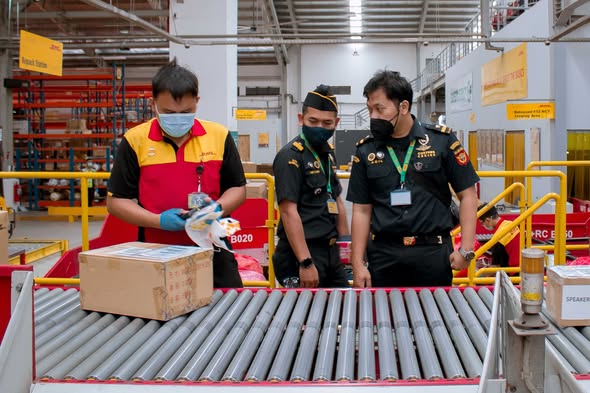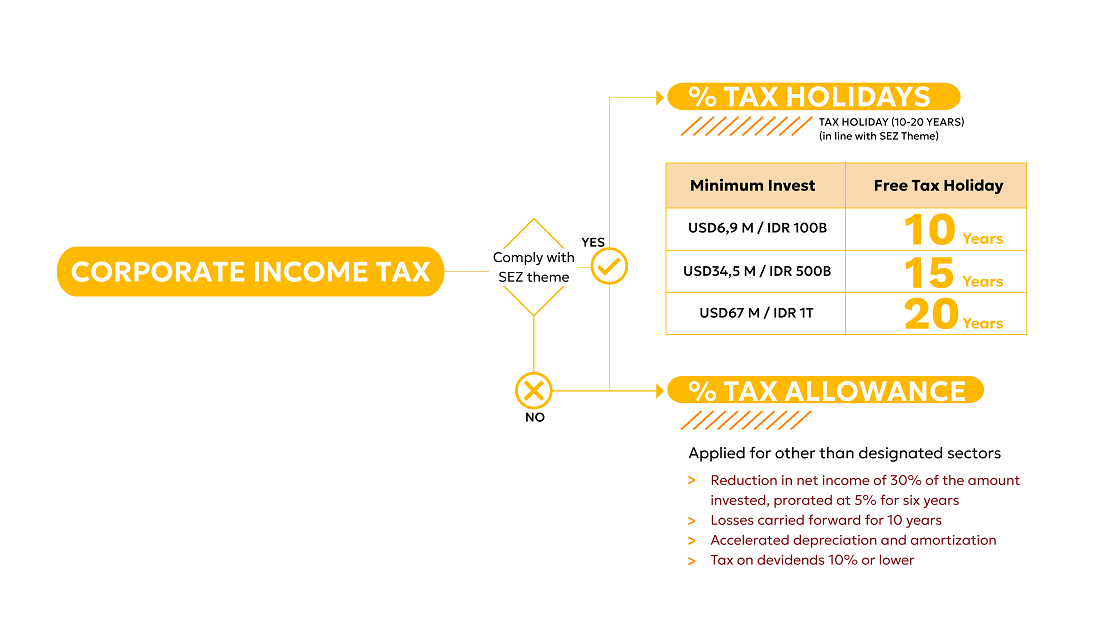
An inventory system in an industry bonded zone in Indonesia would typically follow certain guidelines and regulations set by the Indonesian government and customs authorities. Although I don’t have access to the specific regulations in effect after my knowledge cutoff in September 2021, I can provide you with a general overview of an inventory system in an industry bonded zone.
- Registration and Licensing: The first step is to register the business and obtain the necessary licenses and permits to operate within the industry bonded zone. This may involve obtaining an Industrial Business License (Izin Usaha Industri) and a Bonded Zone License (Izin Kawasan Berikat).
- Customs Procedures: As an industry bonded zone operates under specific customs regulations, businesses within the zone must comply with customs procedures. This typically includes documenting all incoming and outgoing goods, declaring the goods to customs authorities, and adhering to customs valuation and classification requirements.
- Goods Storage: An inventory system in an industry bonded zone requires adequate storage facilities. Depending on the type of goods being stored, businesses may need to provide specific storage conditions such as temperature-controlled areas for perishable goods or specialized storage for hazardous materials.
- Tracking and Monitoring: To maintain an effective inventory system, businesses within the industry bonded zone need to implement tracking and monitoring mechanisms. This can be done through barcode or RFID systems, which enable real-time tracking of goods within the zone. The system should include details such as item descriptions, quantities, batch numbers (if applicable), and expiration dates (if applicable).
- Stock Management: Effective stock management is crucial in an industry bonded zone. Businesses should implement inventory management software or systems to track stock levels, monitor stock movements, and manage replenishment and reordering processes. This helps ensure efficient supply chain management and prevents stockouts or overstocking.
- Reporting and Compliance: Regular reporting to customs authorities is necessary to ensure compliance with regulations. This may involve providing detailed inventory reports, customs declarations, and other relevant documents. Additionally, businesses should stay up to date with changes in customs regulations and adjust their inventory system accordingly.
- Security Measures: Given the value of goods stored in an industry bonded zone, implementing robust security measures is essential. This can include physical security measures like surveillance cameras, access control systems, and secure fencing, as well as cybersecurity measures to protect digital inventory records.
It is important to note that regulations and procedures may vary, and it is advisable to consult with Indonesian customs authorities, industry experts, or legal professionals familiar with the latest regulations specific to the industry bonded zone you are operating in.


